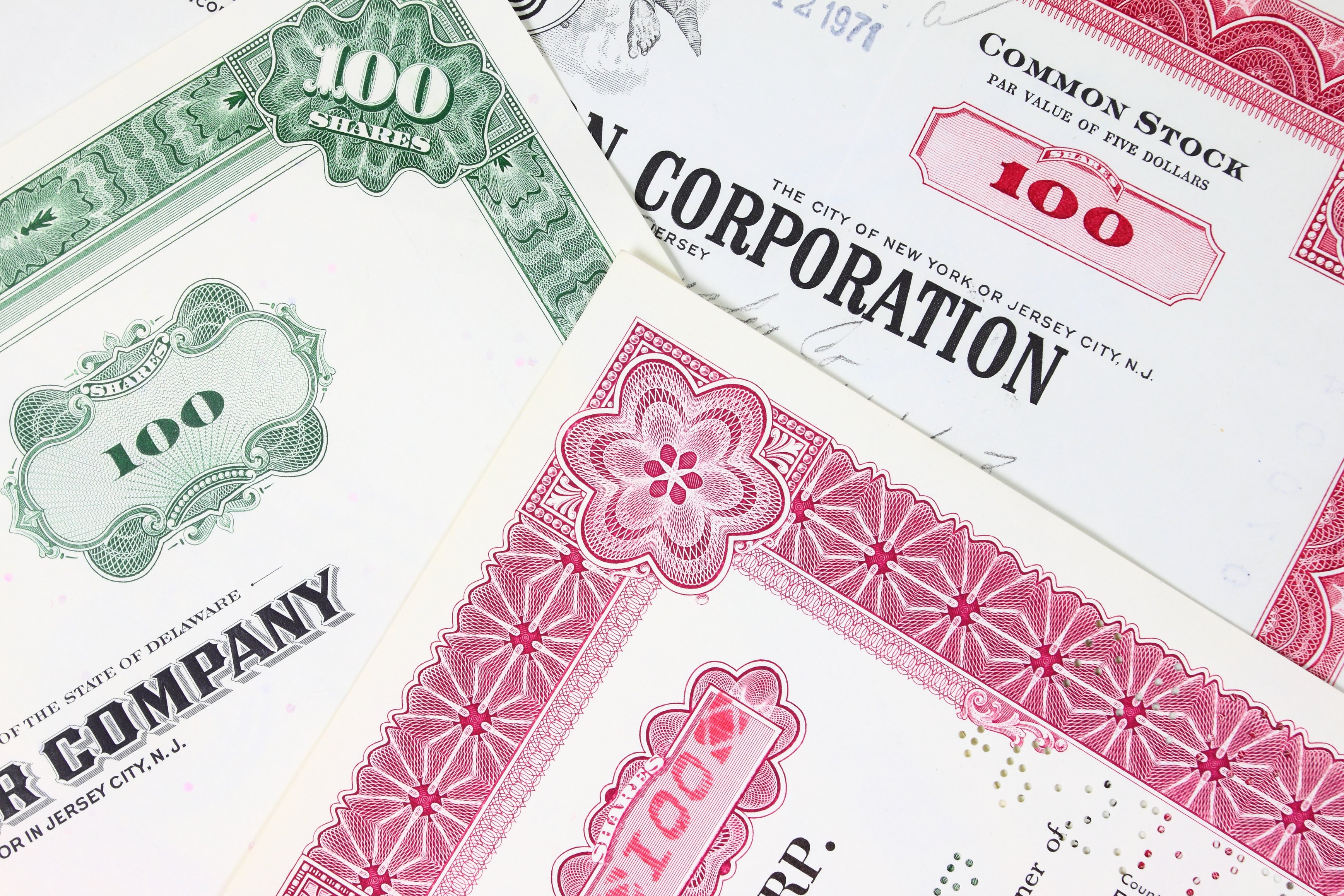Making money in pharmaceutical stocks is hard enough as without having to worry about the eventual disappearance of exclusivity rights. As we've seen throughout the years, a company that fails to innovate eventually dies. For pharmaceuticals, innovation is even more critical because generic competition is always waiting in the wings to pounce on any drug getting ready to come off patent.
Some of the biggest pharmaceutical names out there are raking in the cash and boasting high margins as they sit on a diverse portfolio of drugs. Others, however, should be biting their nails in worry, because their pipelines are perilously close to disaster. Here are four companies whose pipelines could come under some serious pressure over the next five years unless they begin to innovate and make changes now.
Eli Lilly (NYSE: LLY)
There's a reason Eli Lilly trades at only 8 times trailing earnings and 10 times forward earnings: Its product portfolio looks like a graveyard.
Eli Lilly is set to lose patent rights on its best-seller Zyprexa, used for the treatment of schizophrenia, later this year, and on Evista, which is used for the treatment of breast cancer, in 2012. In 2013, Lilly will lose its exclusivity on Cymbalta, which combats depression, and Humalog, which treats diabetes. Add it up, and you'll see that $2.98 billion of Lilly's reported first-quarter revenue of $5.84 billion is facing major challenges over the next two years. Generic competition from the likes of Teva Pharmaceuticals (Nasdaq: TEVA) and Novartis' (NYSE: NVS) generic-drug division Sandoz is simply lying in wait.
Need even more evidence that patents are important? Gemzar, Lilly's chemotherapy agent, lost its patent protection in November 2010, and sales for the drug in the most recent quarter fell by 46%. No one makes a drug to cure numbers that ugly!
GlaxoSmithKline (NYSE: GSK)
Although Glaxo touts a diverse drug portfolio, the company has to be shaking in its boots as two blockbusters are set to come off patent before 2012 ends.
The fourth-largest drug in the world, Seretide, is set to come off patent this year. Also known as Advair, this asthma treatment has thus far been incredibly difficult for generic competitors to duplicate. Perhaps one of the only saving graces for Glaxo is that it doesn't have any generic competitors lined up to eat into Advair's sales, which totaled $8.1 last year. But where there's a will, there's a way, and it's only a matter of time before a generic competitor to Advair hits the market.
Also coming off patent in 2012 is Glaxo's diabetes drug Avandia, which contributed more than $700 million in sales last year. Together, Avandia and Advair represent 24% of Glaxo's total revenues in 2010 and are a major reason Glaxo could be in trouble sooner rather than later.
AstraZeneca (NYSE: AZN)
Don't let this evil temptress fool you with its impressive dividend yield of 7.6% -- it's the devil in disguise.
AstraZeneca is facing the possibility of losing five of its largest revenue producers in a five-year period. The company already lost Arimidex last year and is facing the loss of exclusivity rights to its schizophrenia drug Seroquel this year. Next year is when the real pain would begin, with AstraZeneca's asthma treatment Symbicort coming off patent, followed by Iressa in 2013 and the company's top-selling heartburn drug, Nexium, in 2014.
All told, four out of five of AstraZeneca's best-selling drugs are looking at a likely major influx of generic competition within the next four years. Arimidex is already facing competition from Teva's generic drug, known as Anastrozole, and sales have already taken a double-digit dive. More than $13 billion in annual sales is at risk from patent expirations. That's a serious red flag for shareholders.
Pfizer (NYSE: PFE)
Yes, even the granddaddy of all pharmaceutical names is at risk from patent expirations, albeit to a lesser degree than the other three companies, thanks to its diverse drug portfolio.
Pfizer is facing what will amount to six patent expirations within the next three years. All you have to do is look at the company's hypertension treatment Norvasc to see the effects that exclusivity can have on a drug. Norvasc used to be a $4 billion-a-year drug. Last year, its sales fell by 24% and have been more than halved in the three years since it came off patent.
Patent expirations around the corner include erectile-dysfunction blockbuster Viagra in 2012, which accounted for $1.9 billion in sales last year, and osteoarthritis drug Celebrex in 2014, with more than $2.3 billion in sales. More importantly, this year Pfizer is set to lose its patent on the best-selling drug in the world, Lipitor, as well as on Xalatan, a treatment for glaucoma that brought in $1.7 billion in 2010. Geodon and Detrol are the other two set to come off patent in 2012.
Including Lipitor, which accounts for 15% of Pfizer's total sales, the company has approximately $18 billion of its $67.9 billion in revenue at risk. However, Pfizer has countless partnerships -- most notably with Amgen (Nasdaq: AMGN) to market Enbrel -- and 118 total drugs currently in its pipeline, 34 of which are either in or through phase 3 testing. It should be able to weather the storm for the time being, but I'd place the company on a short leash, because it doesn't take much for a pharmaceutical company to get complacent and suddenly see its pipeline begin to dwindle.
What's your investing strategy to weather this impending patent-expiration storm? Share your thoughts in the comments section below and consider setting up your own personalized portfolio of stocks: Add Eli Lilly, GlaxoSmithKline, AstraZeneca, and Pfizer to My Watchlist.









